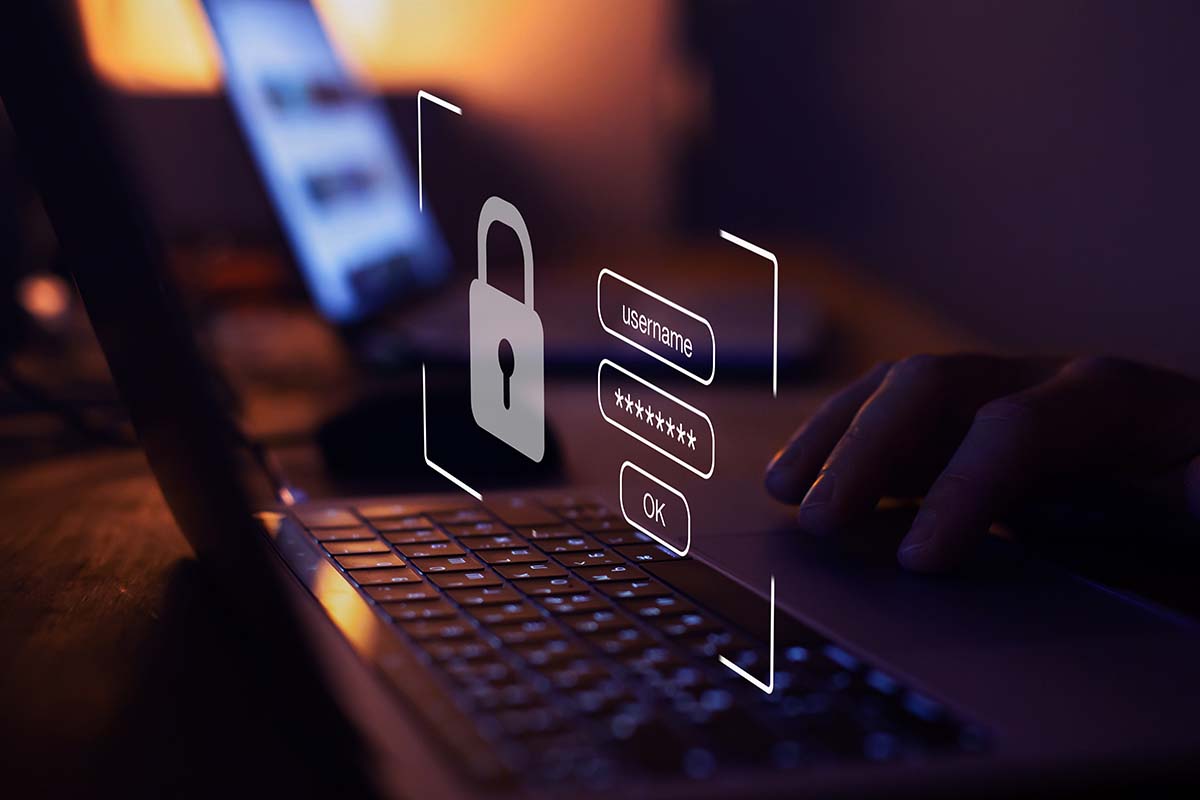In today's digital world, cybersecurity is more important than ever. With the increasing reliance on technology in every aspect of our lives, the risks of cyber attacks and data breaches are also increasing. Cybersecurity refers to the measures taken to protect computer systems, networks, and data from unauthorized access, theft, and damage.
Cybersecurity is essential for protecting sensitive data and ensuring the privacy of individuals and businesses. Cyber attacks can lead to financial loss, reputation damage, and even legal consequences. Here are some of the key areas where cybersecurity is crucial:
- Data Protection: Data is the lifeblood of modern businesses, and protecting it from cyber threats is essential. Cybercriminals can steal sensitive data such as financial information, customer data, and intellectual property. This can have severe consequences for businesses, including financial losses, loss of customers, and legal liabilities.
To protect data, businesses must implement encryption, access controls, and backup procedures. Encryption converts sensitive data into code, making it unreadable to unauthorized users. Access controls restrict access to data based on user roles and permissions. Backup procedures ensure that data is regularly backed up and stored securely.
- Network Security: Networks are vulnerable to a wide range of cyber threats, including viruses, malware, and phishing attacks. These threats can compromise the security of the entire network, allowing cybercriminals to gain access to sensitive data.
To protect networks, businesses must implement firewalls, antivirus software, and intrusion detection and prevention systems. Firewalls act as a barrier between the network and the internet, blocking unauthorized access. Antivirus software detects and removes viruses and malware. Intrusion detection and prevention systems monitor network traffic for suspicious activity and block potential attacks.
- Cyber Threats: Cyber threats come in many forms, including viruses, malware, phishing attacks, and ransomware. Viruses and malware can infect computer systems and steal data or cause damage. Phishing attacks use fraudulent emails or websites to trick users into revealing sensitive information. Ransomware encrypts files and demands payment for their release.
To protect against cyber threats, businesses must implement security measures such as firewalls, antivirus software, and encryption. Employees must also be trained to recognize and report suspicious emails or websites.
- Encryption: Encryption is a critical cybersecurity tool that converts sensitive data into code, making it unreadable to unauthorized users. Encryption can be used to protect data stored on devices such as laptops, smartphones, and USB drives, as well as data transmitted over networks.
To implement encryption, businesses can use software tools such as BitLocker, which encrypts data on Windows devices, or VeraCrypt, which provides encryption for a wide range of devices.
In conclusion, cybersecurity is essential for protecting sensitive data, ensuring privacy, and preventing financial loss, reputation damage, and legal liabilities. Businesses must implement a comprehensive cybersecurity strategy that includes measures such as data protection, network security, and encryption. By taking these steps, businesses can mitigate the risks of cyber attacks and protect their customers and stakeholders.

